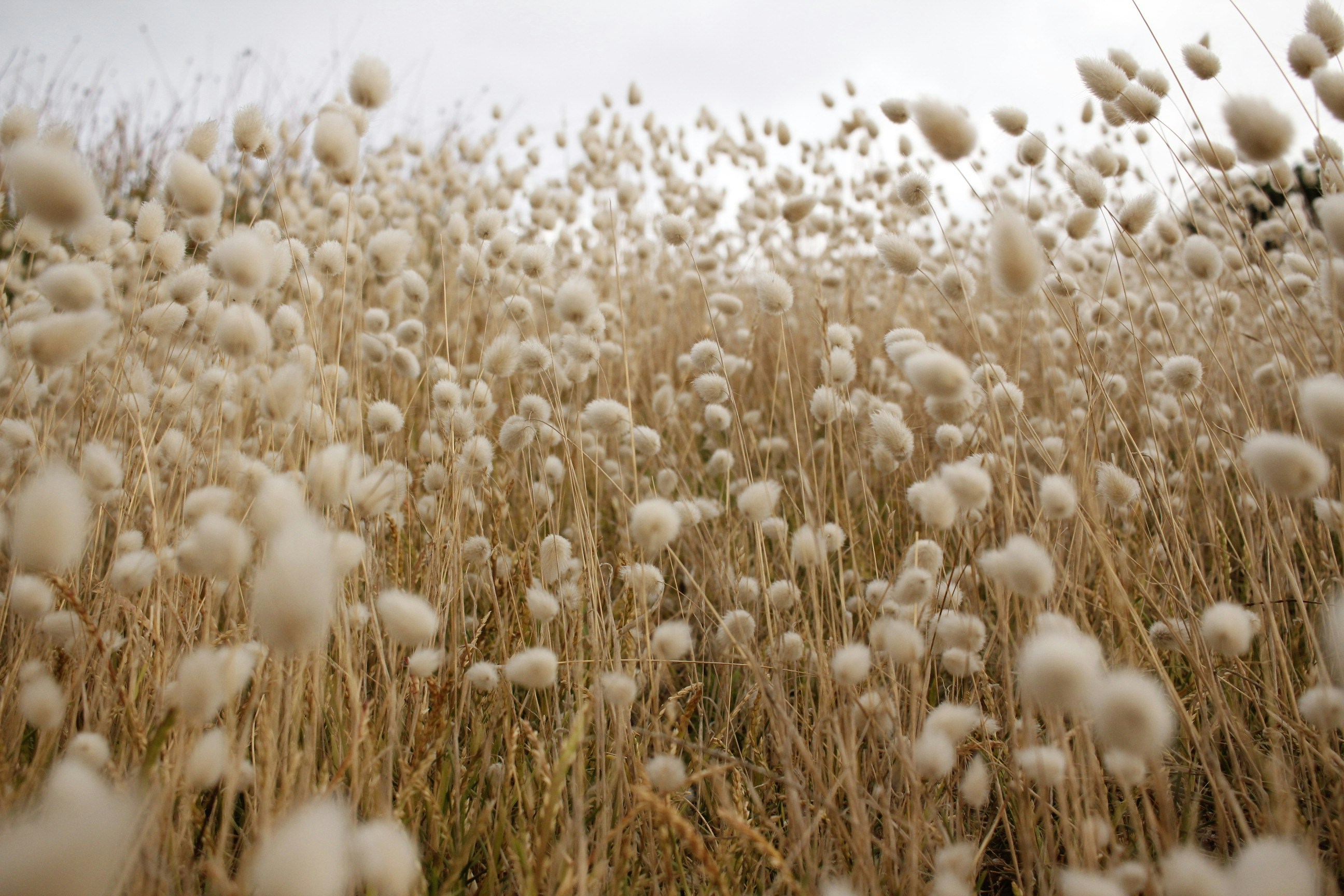Cotton Market Faces Turmoil As Brazilian Exports Increase

The cotton market is experiencing significant turmoil as prices have plummeted by more than half since their peak in 2022. This dramatic decline is primarily driven by a surge in exports from Brazil and a shift in consumer preference towards cheaper synthetic fibers. These factors have created a challenging environment for cotton producers worldwide.
Brazil's Influence
Brazil has rapidly expanded its cotton production, emerging as a major player in the global market. The country's increased production and export volumes are the result of advanced farming techniques and favorable weather conditions. Enhanced agricultural practices, such as precision farming and the use of genetically modified crops, have allowed Brazil to significantly boost its cotton output. As a result, Brazil's presence in the global cotton market has grown substantially, contributing to the current oversupply.
Changing Preferences
At the same time, consumer preferences are shifting towards synthetic fibers. Economic pressures have driven consumers to opt for more affordable alternatives like polyester and nylon. These man-made fibers offer similar qualities to cotton but at a lower price point, making them an attractive option for budget-conscious shoppers. The economic downturn has heightened this trend, as consumers look for ways to economize on clothing and textiles.
Supply and Demand
The global supply and demand balance for cotton has been significantly disrupted by the surge in Brazilian exports. The influx of Brazilian cotton has created an oversupply in the market, leading to a sharp decline in prices. This situation has put considerable pressure on cotton producers around the world, who are now facing reduced profitability and increased competition. The oversupply has made it difficult for producers to sell their cotton at profitable prices, exacerbating the challenges they face.
Industry Challenges
Cotton producers are grappling with several challenges due to falling prices. The increased competition in the global market has made it harder for producers to maintain their market share. To remain viable, producers must innovate and reduce production costs. This might involve adopting more efficient farming practices, investing in technology, and exploring new markets. Additionally, the push for sustainability is becoming increasingly important, as consumers and manufacturers alike seek environmentally friendly options.
Future Outlook
To adapt to the current market conditions, cotton producers may need to implement several strategies. Embracing sustainable practices can help differentiate their products and appeal to environmentally conscious consumers. Reducing production costs through technological advancements and efficient farming techniques will be crucial. Diversifying product offerings and exploring niche markets could also provide new revenue streams. Despite the challenges, the cotton industry has the potential to recover and thrive by innovating and adapting to the evolving market landscape.
Conclusion
The cotton market is currently facing significant turmoil, driven by Brazil's export surge and changing consumer preferences. The resulting oversupply and price decline have created a challenging environment for producers. However, by embracing innovation, sustainability, and cost-effective practices, the industry can navigate these challenges and remain competitive. As the market continues to evolve, adaptability will be key to maintaining profitability and ensuring long-term success.
Author: Brett Hurll
Copper's Comeback: Inside BHP And Lundin's Argentine Asset Acquisition
Copper, often dubbed "the metal of electrification," is experiencing a resurgence in demand due to its critical role in ... Read more
Revitalizing Commodities: How Clean Energy Is Breathing New Life Into A Stagnant Market
The commodities market, traditionally a cornerstone of investment portfolios, has experienced a decade of stagnation. Ho... Read more
European Airports Disrupted By Escalating Climate Protests
Climate activists have escalated their protests at European airports, blocking runways and causing flight disruptions in... Read more
Hungary's Russian Oil Dilemma: Why Brussels Is Cautious In Offering Support
Hungary's reliance on Russian oil has led it to seek support from Brussels to ensure continued access to this crucial en... Read more
Unveiling China's Secret Commodity Stockpiles: What Lies Ahead?
Xi Jinping's extensive reserves of grain, natural gas, and oil hint at future challenges.In a move shrouded in secrecy, ... Read more
Copper Miners Brace For Industry Overhaul As End Users Seek Direct Deals
The copper mining industry is bracing for a significant overhaul as end users, including cable manufacturers and car com... Read more

